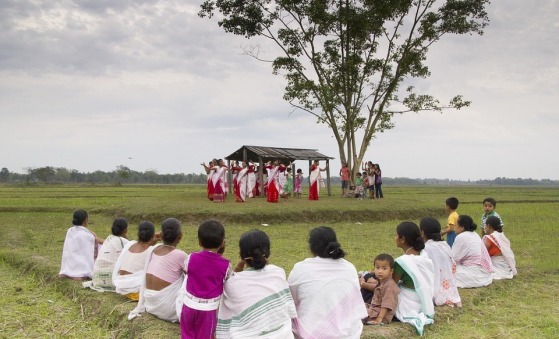
In the wake of South Korea’s presidential transition, the nation’s Catholic bishops have issued a sincere and pointed appeal to the newly elected President Lee Jun-seok. Their message? Leadership must be grounded in compassion, dialogue, and a deep sense of responsibility to every citizen, not just political allies.
Through a formal statement, the Catholic Bishops’ Conference of Korea congratulated President Lee while emphasising the urgent need for healing in a society fractured by increasing political polarisation and social inequality. The bishops underlined that true leadership is measured not by party loyalty or populist appeal, but by a commitment to the common good, especially the well-being of the poor, the marginalised, and those often forgotten in policymaking.
The bishops acknowledged the heavy burden that lies ahead for the new administration, especially in managing tensions on the Korean peninsula. In their view, peace is not merely the absence of conflict but the result of intentional and sustained efforts to listen, reconcile, and rebuild trust across ideological lines.
They also reminded President Lee of his responsibility to uphold the dignity of every human person and to preserve the core principles of democracy, freedom, justice, and participation. According to the bishops, these values are essential not only for national stability but also for fostering hope in a world increasingly marked by uncertainty.
Expressing their willingness to collaborate with the government, Church leaders offered their prayers and support for initiatives that reflect shared values: justice for the oppressed, ethical governance, and a vision of peace that includes dialogue with North Korea. They also warned against the temptation of short-term victories at the cost of long-term division.
By offering both encouragement and critique, the bishops positioned the Church as a moral voice in public life, calling not for power but for principled leadership. Their statement reflects a broader concern felt by many South Koreans: that leadership in a democracy must serve everyone, not just those who voted for it.
Adapted from reporting originally published by UCA News.




